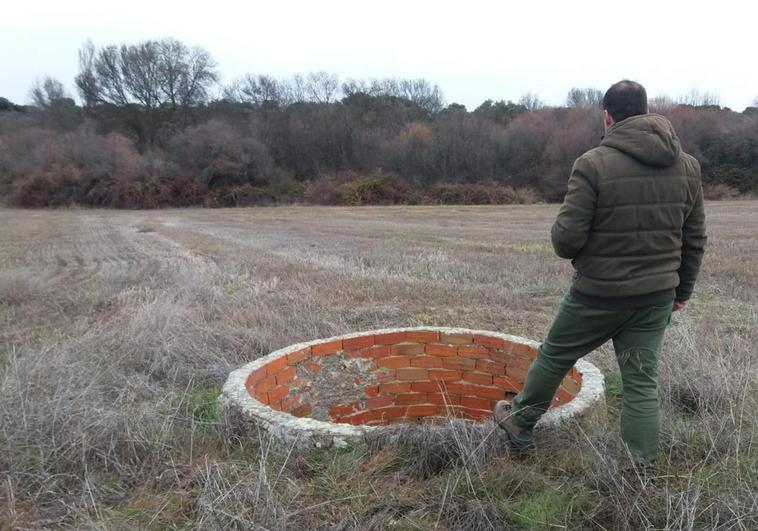
Malaga drought crisis: 250 illegal wells discovered by police in Axarquía water theft investigations
Seprona investigations began after environmentalists and farmers in the Benamargosa area alerted the authorities to the problem
Juan Cano
Malaga
Martes, 9 de mayo 2023, 11:39
An operation being carried out by the Guardia Civil's nature protection branch (Seprona), under the coordination of a court in Vélez-Málaga and the Environmental Prosecutor's Office to eradicate illegal irrigation of subtropical crops, has detected 250 illegal wells in the Axarquía area of Malaga province.
SUR has learned that the Seprona officers, who have been working in the area for months, have detected at least 250 clandestine uses, mostly wells, but also some ponds, which are creating "significant damage to the water reserves" in the area.
The investigation started as a result of reports from environmentalists and farmers in the area around the village of Benamargosa, who alerted authorities to the illegal use of irrigation water for subtropical crops, which in addition to the risk of "water collapse" was also affecting those growers who do comply with the regulations.
The first investigations by Seprona confirmed that the reports were accurate and this resulted in an extensive report. The Environmental Prosecutor's Office drew up a written complaint which, as SUR reported on Monday 8 May 2023, was handed to the court in Vélez-Málaga in September 2022.
In the original report, the public prosecutor's office identified 114 people, including farmers, business people and heads of irrigation communities, who may have had some involvement in the illegal wells, which would constitute a crime against natural resources and the environment (article 325 of Spain’s penal code) and another of water diversion (article 247 of the penal code).
Warning
The list of those under investigation has continued to grow, as during the course of the operation new suspects and possible infractions have been brought to light, which is why the Andalusian High Court of Justice (TSJA) has reported that the list of names appearing in the proceedings now exceeds 180 people.
Of these, Seprona officers have focused their investigations on 36 farmers and irrigators, of whom 26 have already been taken to a police station to make statements, but have since been released, with a warning that they will probably be summoned to court. Sources close to the case explained that for the time being, action has been taken against those mainly responsible for the illegal wells.
The court has sent injunctions to both the irrigation communities and individual farmers named in the Public Prosecutor's report, one of which orders them to "refrain from extracting water from illegal wells and boreholes, and from illegally diverting water from the irrigation communities to unauthorised plots of land". And it warns them that, if they do not heed the injunction, they will be found guilty of disobedience under article 556 of the penal code.
-kOi--366x256@Diario%20Sur.jpg)